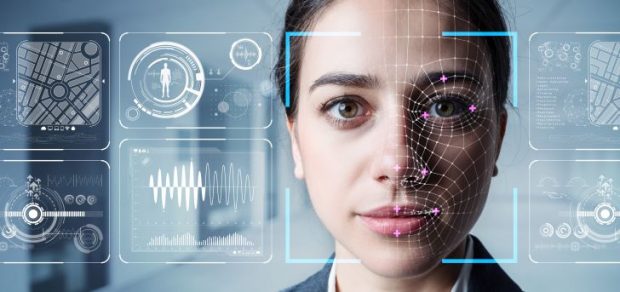This post is part of a series on privacy-preserving federated learning. The series is a collaboration between the Responsible Technology Adoption Unit (RTA) and the US National Institute of Standards and Technology (NIST). Learn more and read all the posts …
This post is part of a series on privacy-preserving federated learning. The series is a collaboration between CDEI and the US National Institute of Standards and Technology (NIST). Learn more and read all the posts published to date on the …
This post is the first in a series on privacy-preserving federated learning. The series is a collaboration between CDEI and the US National Institute of Standards and Technology (NIST). Advances in machine learning and AI, fuelled by large-scale data availability …
Last year, the CDEI launched a responsible data access programme to address the challenges organisations face to access data they need in a responsible way. A key component of this programme is our work to encourage adoption of Privacy-Enhancing Technologies …
Access to data is an obvious requirement for data-driven innovation, but many innovators struggle to access the data they need. In a recent CDEI survey, 86% of vendors of AI and data-driven technologies stated that a number of data-related factors …
We have today published the findings from the first wave of our new tracker survey, which will be repeated at consistent intervals to enable changes in attitudes to data and AI to be monitored for the first time. Understanding how …
In February 2020, we published our review of online targeting, which included a number of recommendations to government, regulators and industry, regarding how data is used to shape the online experience. In the final report, we recommended that online platforms …
The CDEI has been researching the role of privacy enhancing technologies (PETs) in enabling safe, private and trustworthy use of data. Privacy is a fundamental right. Organisations have an obligation to protect privacy, and must consider important legal, ethical, and …
Today we have published an update report on our work with the Behavioural Insights Team (BIT) and Doteveryone, that follows on from our review of online targeting. Since March, we have been working to understand how, by changing how technology …
Few innovations have divided opinion more than facial recognition technology (FRT). Some claim that it will make our streets safer, our bank accounts more secure and our public services more accessible. Yet others argue that it will violate our right …










Recent Comments